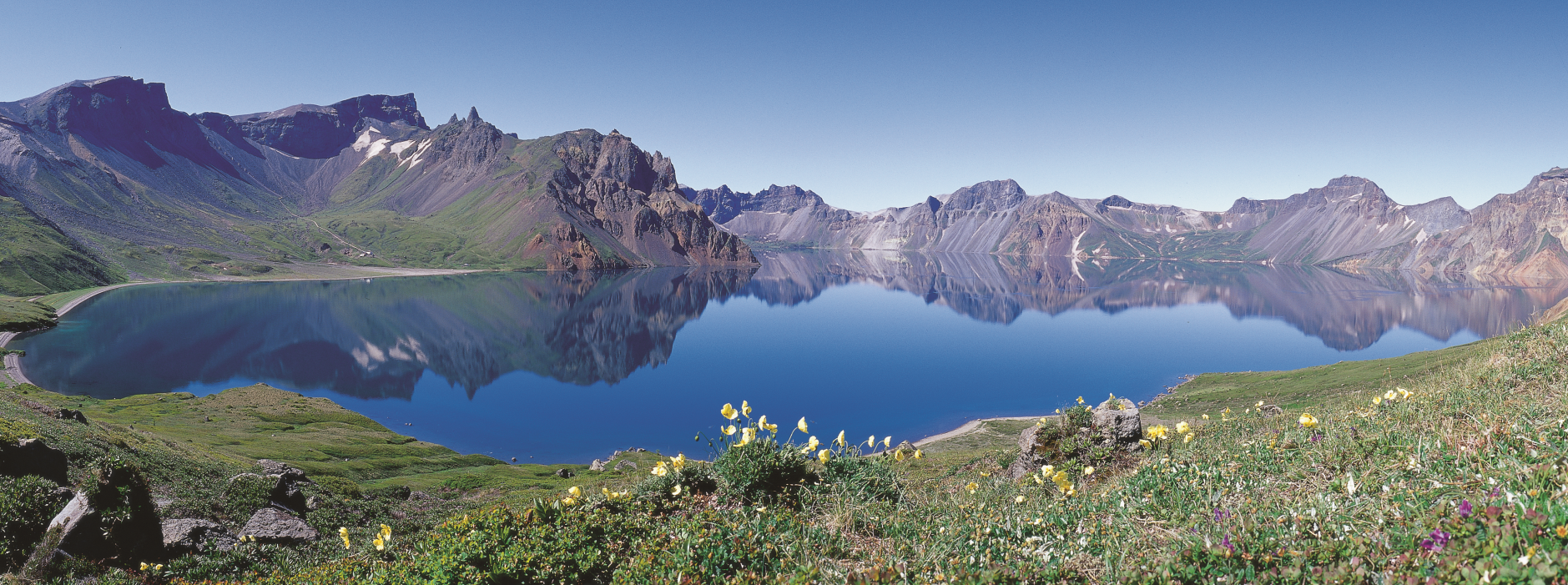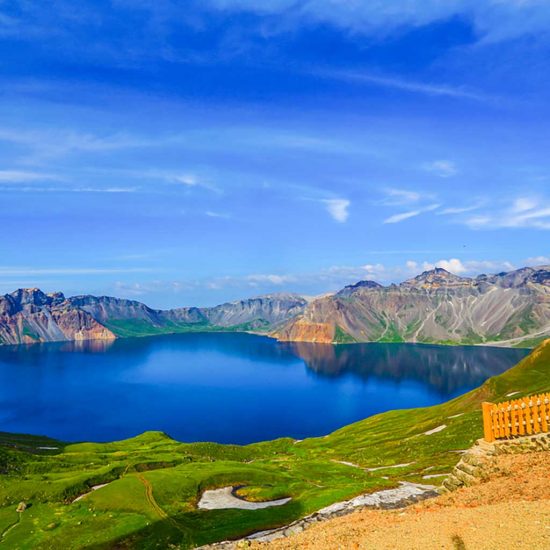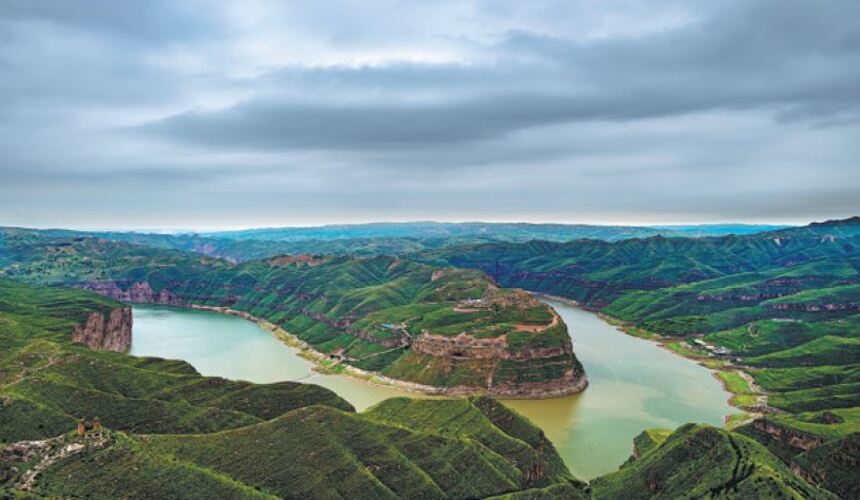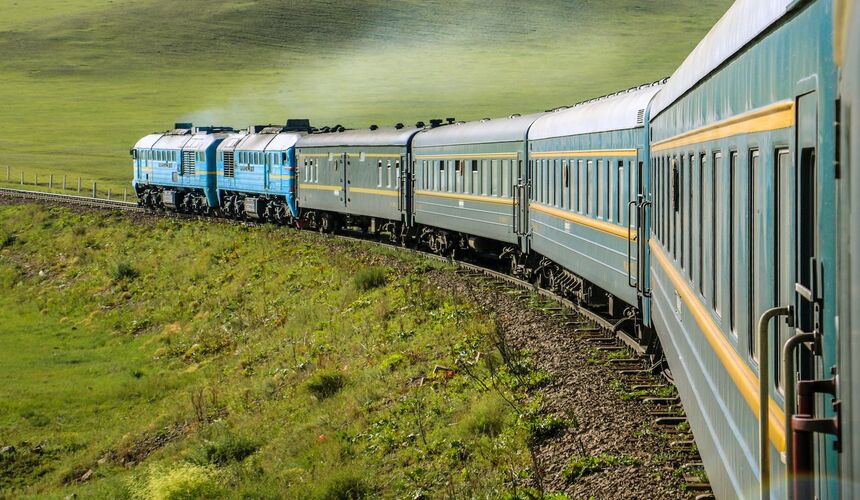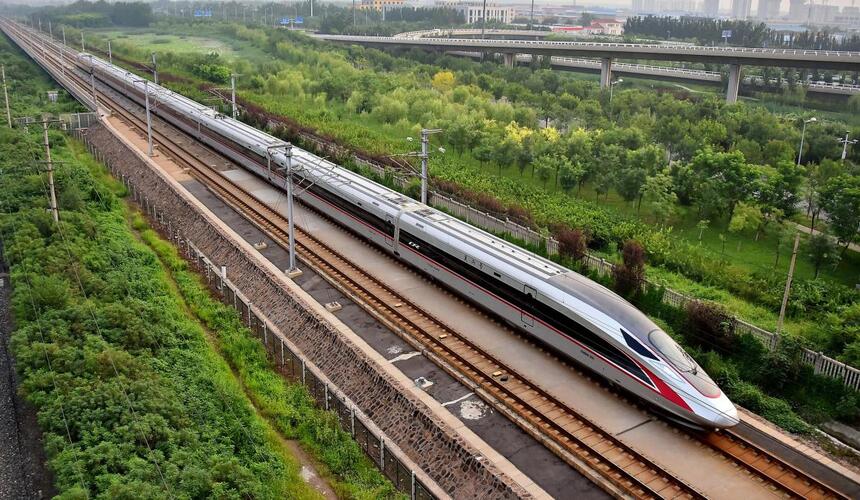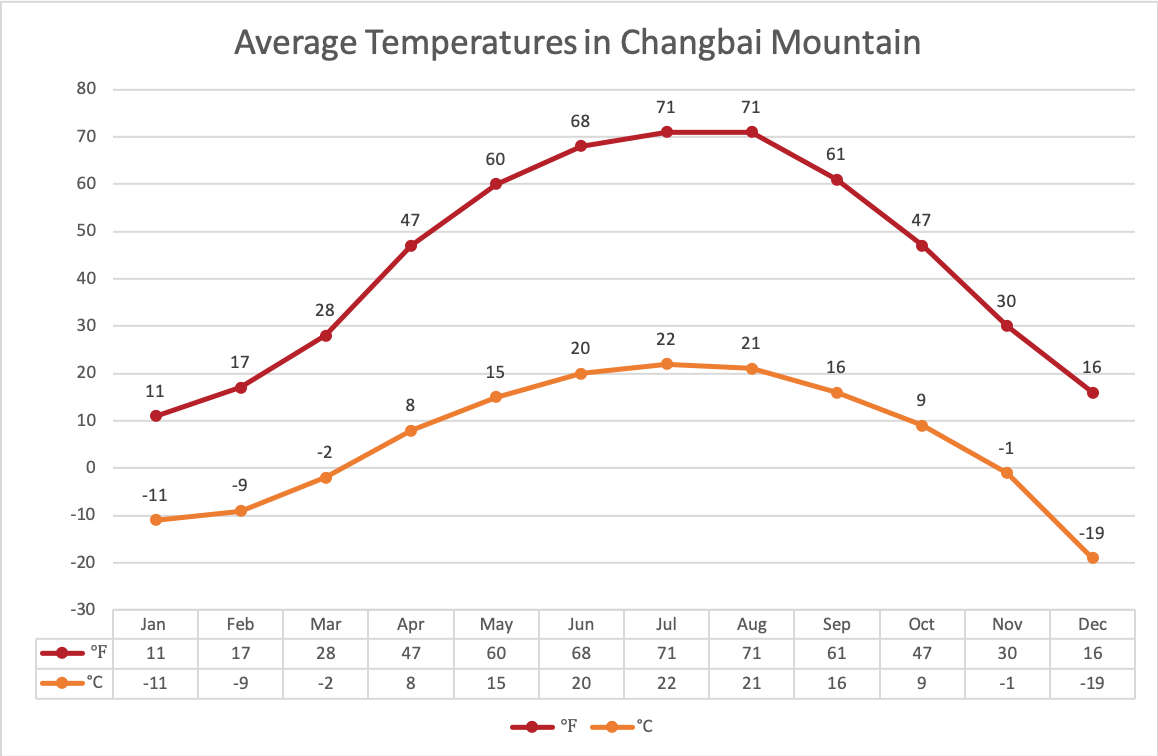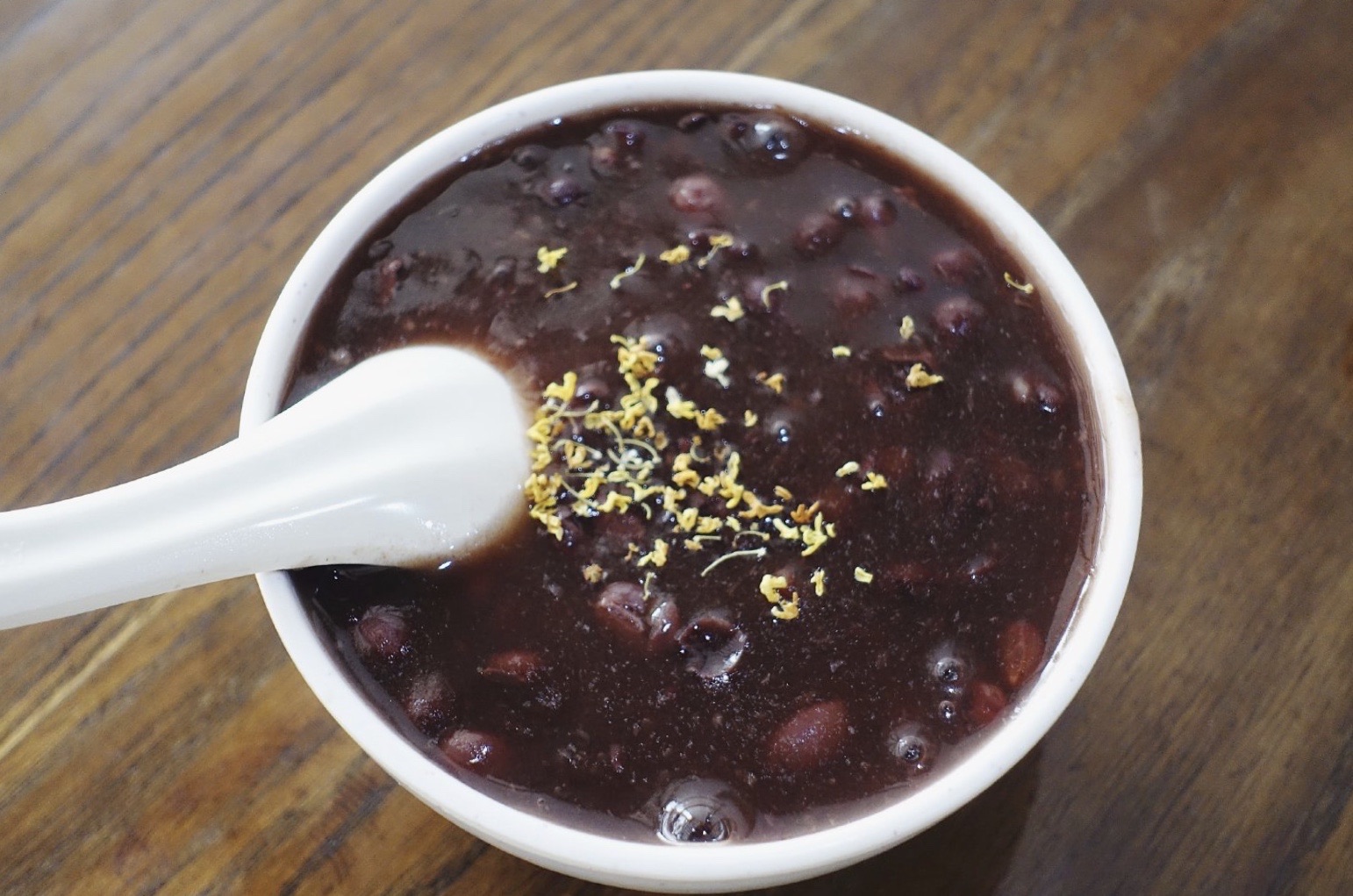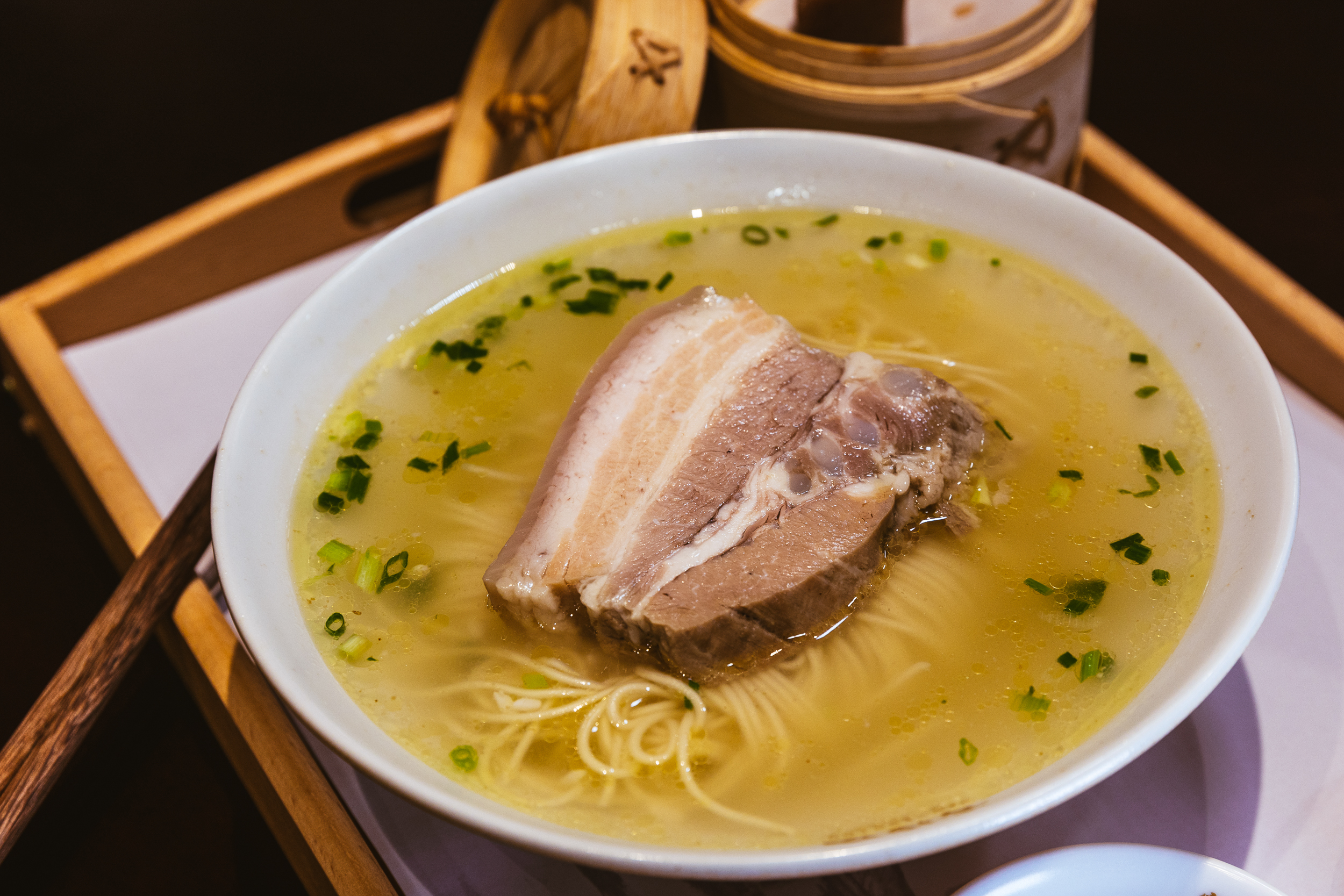Ski paradise
If you need a respite from the urban environment, Changbai Mountain provides breathtaking scenery. The Changbai Mountain scenic area is situated in the northeast of China, spanning the border of Jilin Province and North Korea. It is a vast and picturesque region renowned for its stunning natural beauty and diverse ecosystems. As an active volcano and the highest peak in northeastern China, it stands at an impressive height of 2,744 meters. The mountain is covered in snow for most of the year, creating a stunning winter landscape. Surrounded by verdant forests and snow-capped peaks, the lake provides a peaceful and calm ambiance. The picturesque area also boasts several waterfalls, hot springs, and alpine meadows, and is abundant in biodiversity, with a diverse range of flora and fauna. It is home to rare and endangered species such as the Siberian tiger, red-crowned crane, and Korean pine.
Changbai Mountain’s main peak experiences a temperate continental mountain climate influenced by the monsoon. The mountain is accessible for travel throughout the year, but the optimal time to visit is during July, August, and September. During this period, the mountain is adorned with green vegetation and colorful flowers. From September, the mountain enters autumn, providing an opportunity for photography and sightseeing amidst the beautiful fall foliage. Winter is the optimal season for skiing. The snow season in Changbai Mountain typically runs from November to April.
In addition to the typical mountain climate, there are noticeable changes in temperature with altitude. The winters are long, cold, and snowy, while summers are short, warm, and cool. Spring is windy and dry, and autumn is foggy and cool. The annual average temperature ranges from -7℃ to 3℃. In July, the average temperature does not exceed 10℃, while January is the coldest month with a monthly average temperature of about -20℃. The lowest temperature recorded has been -44℃. The snow depth usually ranges from 50cm to 70cm.
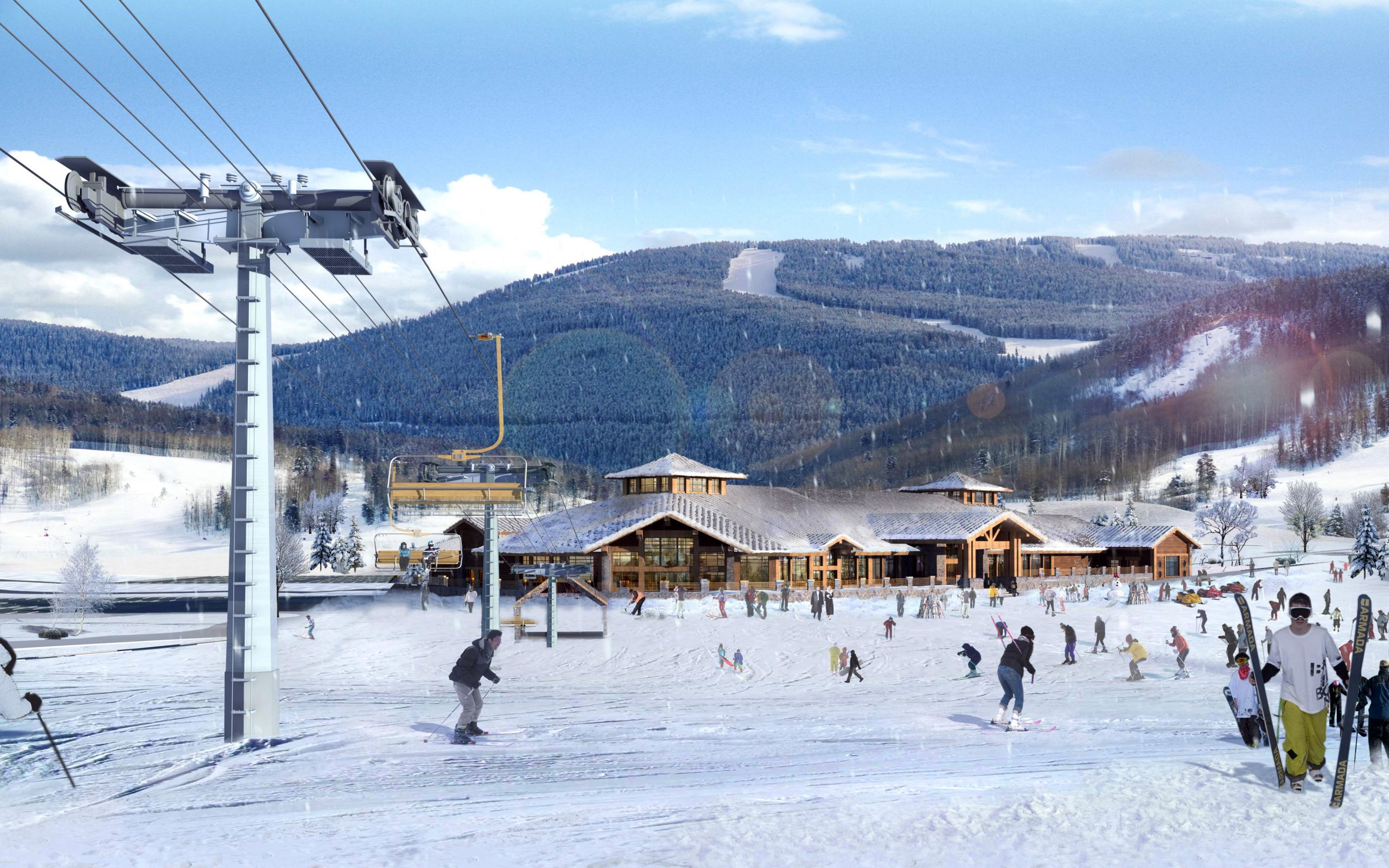
Changbaishan International Resort
Located in Jilin Province, Changbaishan International Resort can offer you nearly 7 square kilometers of skiable terrain spread across 43 trails, including 9 advanced ski trails, 14 intermediate ski trails, and 20 primary ski trails. It is a great spot for both novice and expert skiers, where you can also enjoy hot springs and hike to Heaven Lake on Changbai Mountain.
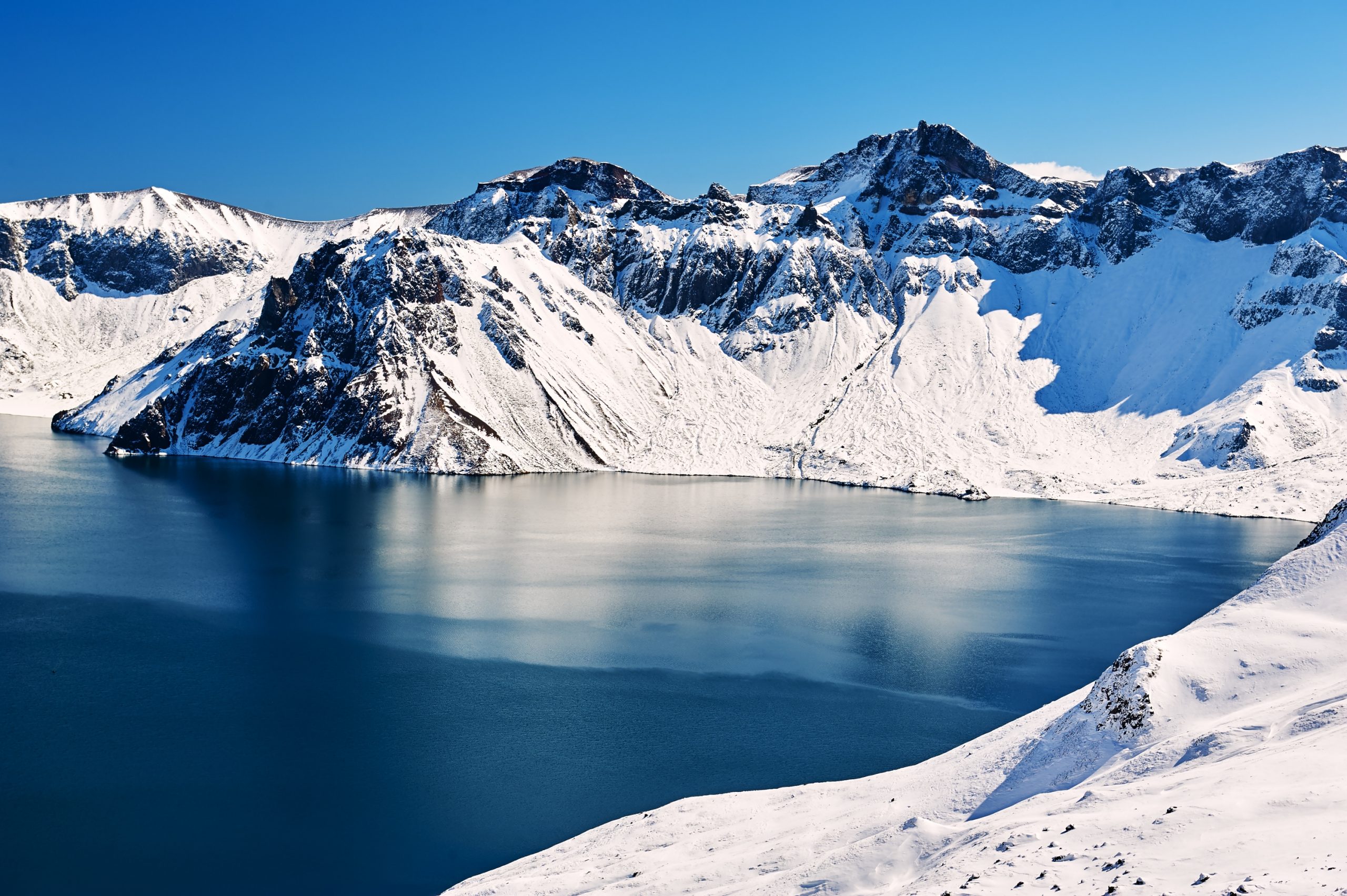
Heavenly Lake
Tianchi, or Heavenly Lake, is considered the most beautiful part of Changbai Mountain in China. The lake was formed in the crater of the mountain and is the source of the Songhua, Tumen and Yalu Rivers. Situated at an altitude of 2,189 meters (about 7,182 ft), Heavenly Lake appears like a jade in the sky amidst the clouds. It is an ideal location for a leisurely stroll.
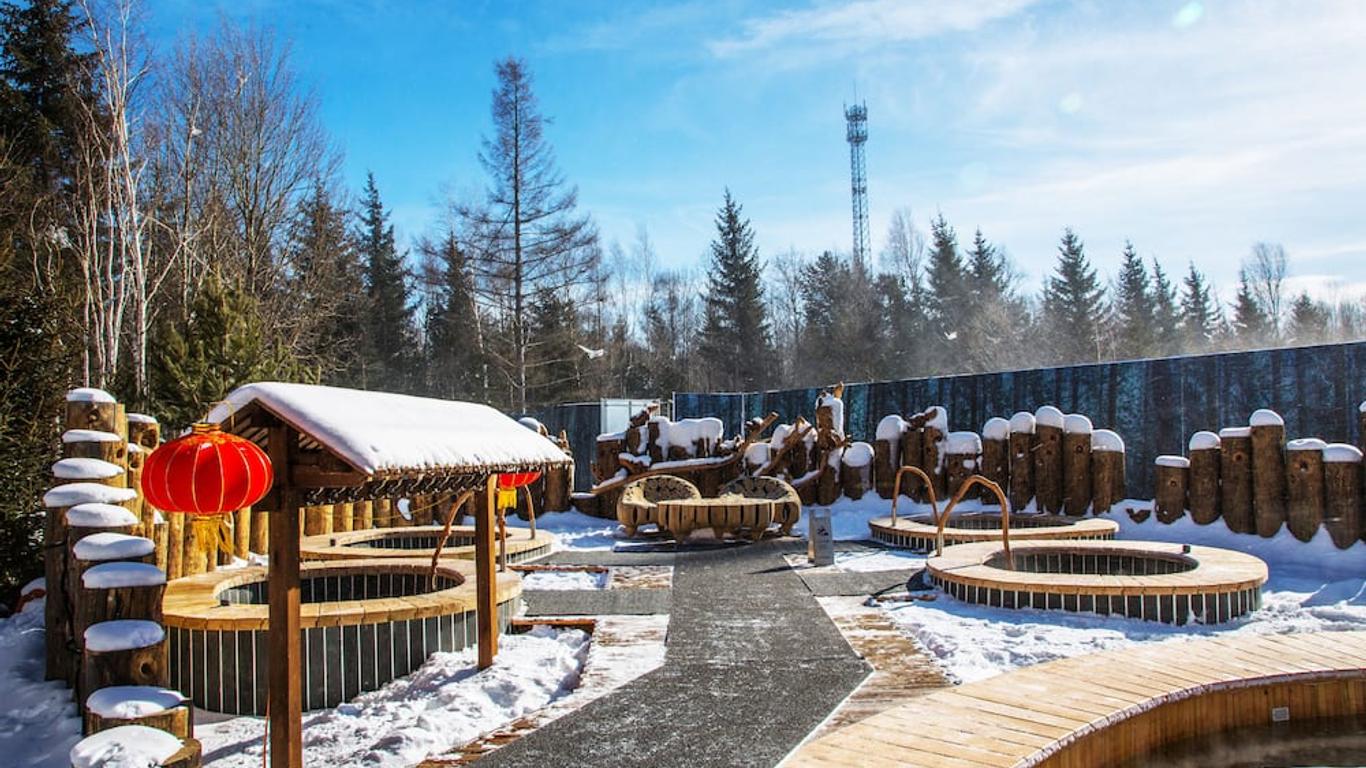
Changbai Hot Springs
The Changbai Hot Springs are located less than 2 kilometers (1.24 miles) away from Changbai Waterfall. The rocks surrounding the hot springs have been dyed in bright colors due to their special chemical composition.The majority of the hot springs have temperatures exceeding 60°C (140°F), with the highest reaching 82°C (179.6°F). Hot Spring Eggs have become a unique local product. Visitors can bathe in the hot springs, which are effective in treating ailments such as arthritis, dermatosis, and exhaustion.
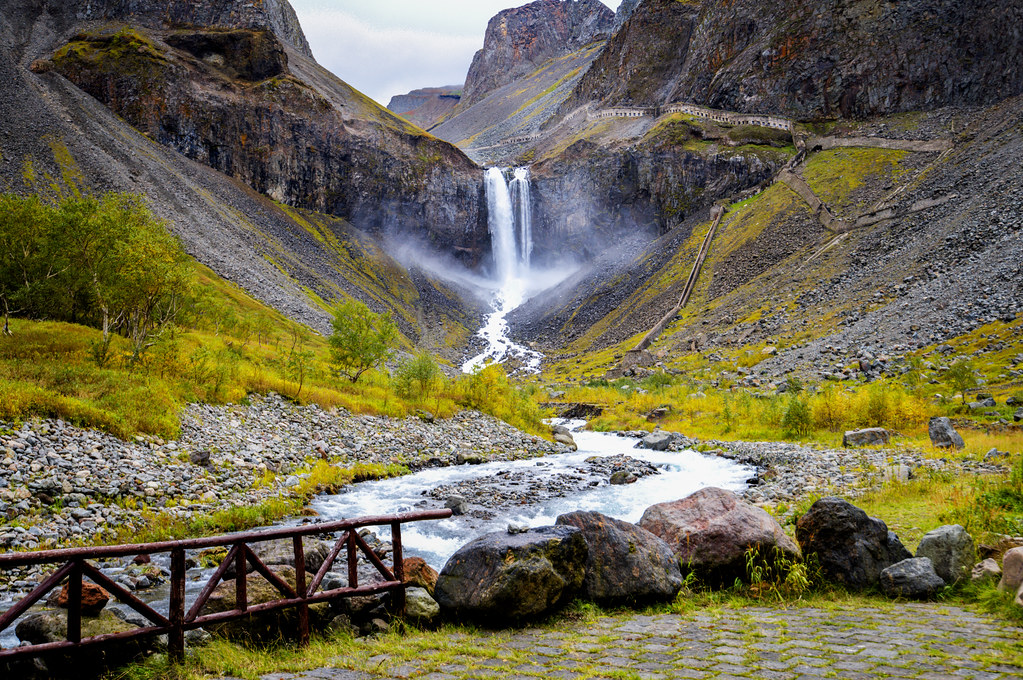
Changbai Waterfall
The waterfall runs gently for about 1,200 meters (0.74 miles), but the river suddenly transforms into churning rapids and drops from a 68-meter (223 ft) high cliff. This is the Changbai Waterfall, the highest volcanic waterfall globally. To view the waterfall, visitors can climb to Heifengkou on the main peak. Gales continuously blow in this col, making it challenging to walk and climb. However, it remains the best location to observe the waterfall panorama. In addition to the Changbai Waterfall, the mountain has over ten smaller waterfalls.
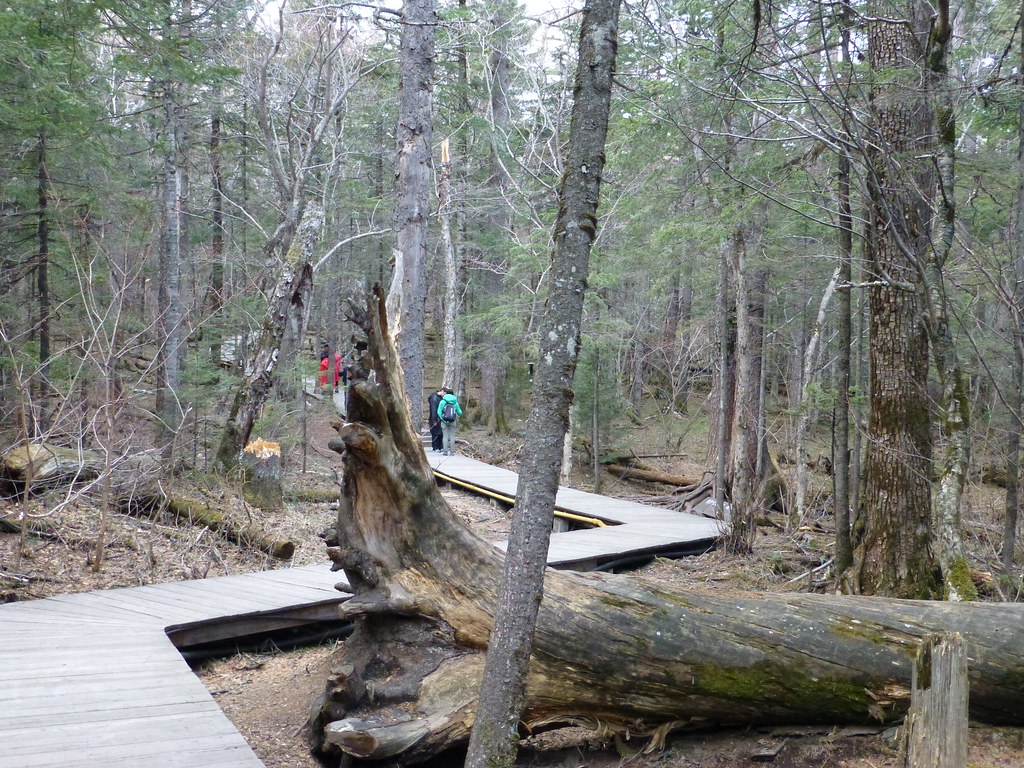
Underground Forest
Located in Suzhou’s historic quarter, Suzhou Museum was designed by famed architect I.M. Pei. It is an exquisite fusion of contemporary design and traditional Suzhou architecture, featuring a traditional garden configuration. A collection of bronze, jade, ceramics, porcelain, handicrafts, paintings, calligraphies, and remnants are displayed in the museum's well-lit galleries.
Jilin Province is known for its various special foods, which have gained great fame all around China due to its unique geographical position and special climate. The province has its own unique cuisine with a history of over 3,000 years. Throughout history, people from various nationalities have gathered in Jilin Province, each bringing with them their unique cultures and culinary traditions. For instance, the Man People prefer stews and pastries, the Korean People enjoy cold noodles, and the Mongol People favour barbecued dishes. These diverse dietary habits have contributed to the rich and varied cuisine of Jilin Province. Notably, the food culture of Changbai Mountain is particularly distinctive. The restaurant not only serves authentic Northeast China cuisine but also incorporates Korean-style flavours and dishes with the characteristic Manchu sticky taste.
Must-try: Changbai Zhen Yan, Ginseng and Chicken Cooked with Maotai Wine, Ginseng Chicken, Braised Deer’s Tail, Chaoxian lengmian, Li Liangui Xunrou Dabing.
Air
Baishan Changbaishan Airport provides quick access to Changbai Mountain. The airport receives direct flights from nearby cities and major cities including Changchun (1 hour), Tianjin (2 hours), Harbin (1 hour), Beijing (2 hours), Shanghai (2.5 hours), Xian (3 hours) and Hangzhou (5 hours).
Train
Since the Dunhua-Changbaishan High Speed Train began operating at the end of 2021, it has become more convenient to reach Changbai Mountain. The Changbaishan Railway Station is located near Erdao Baihe Town, which is about a 40-minute drive to the North Gate of Changbai Mountain and about a 1 hour and 40-minute drive to the West Gate of Changbai Mountain. It is currently possible to take a train to Changbaishan from various locations, including Jilin (approximately 1.5 hours), Changchun (approximately 2.5 hours), Beijing (approximately 7.5 hours), Dalian (approximately 6 hours), Shenyang (approximately 5 hours), and Harbin (approximately 4 hours).


